Page 12
Tag: Slider
-
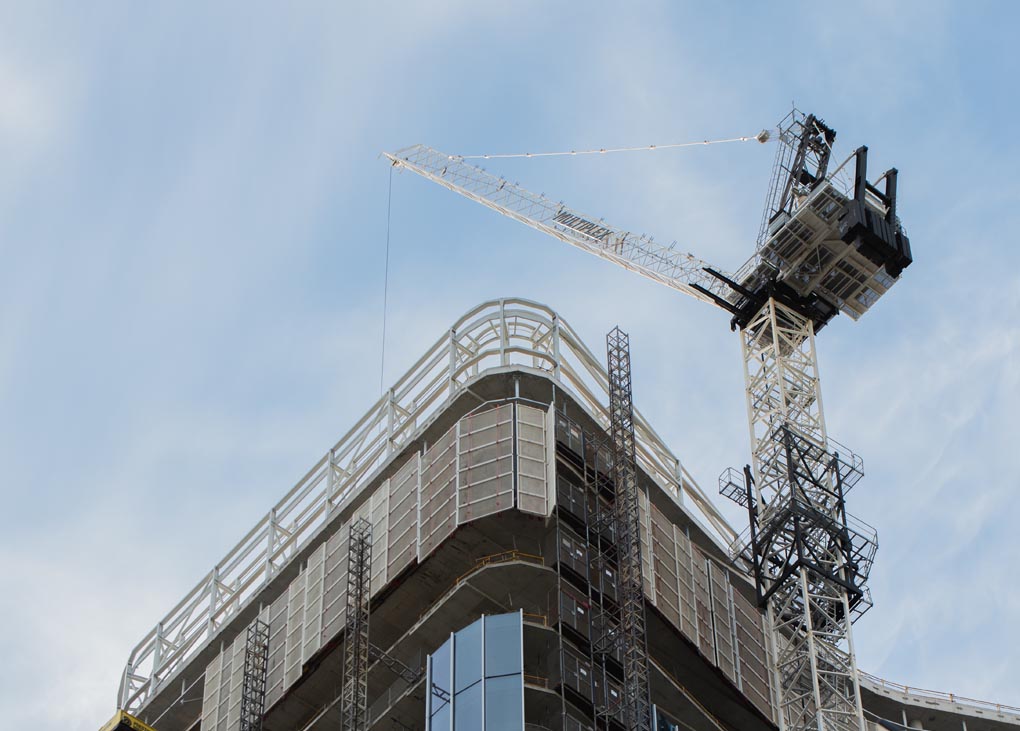
All systems go for NCC 2022
As of May 1, 2023, NCC 2022 has officially been adopted by the states and territories. The Australian Building Codes Board (ABCB) says this marks one of the biggest changes to an edition of the National Construction Code (NCC) since the Building Codes of Australia and the Plumbing Code of Australia were combined in 2011. […]
-

World ‘gravely impacted by extreme weather and climate events’
According to the annual report from the World Meteorological Organization (WMO), climate change continued to advance at a tremendous and impactful clip in 2022. The WMO says droughts, floods and heatwaves affected communities on every continent and cost many billions of dollars. Antarctic sea ice fell to its lowest extent on record, and there was […]
-

Buildings the key to Australia’s net zero target
A new joint report by the Property Council of Australia and the Green Building Council of Australia (GBCA) sets out a suite of property-focused policy recommendations to help Australia achieve its decarbonisation goals. Every Building Counts 2.0 is a revision of the roadmap originally launched in 2019, and updates the original eight key policy recommendations […]
-

CFCs on the rise again?
A new study has found increased emissions of chlorofluorocarbons (CFCs), despite their production being banned under the Montreal Protocol. The researchers say the most likely cause is a “loophole” that allows the creation of CFCs during the production of other chemicals, including common synthetic refrigerants. The research, published in Nature Geoscience and led by the […]
-

Clean Air Accelerator seeks IAQ innovators
A new accelerator focused on clean air technologies is seeking 10 startups to receive mentoring and guidance from experienced startup founders and investors, and deep domain input from scientific and industry experts. The Clean Air Accelerator is a not-for-profit initiative that will support the development and implementation of technologies that can “provide clean air to […]
-

Demographic data shows workforce in its prime, says ARC
Australia’s HVAC&R workforce may not be as old as previously believed, with new figures released by the Australian Refrigeration Council (ARC) showing that the dominant age group for refrigerant handling licence (RHL) holders is 30–39 years old. ARC CEO Glenn Evans says the figures challenge the concept of an ageing workforce, since more than half […]
-

AIRAH launches national mentorship program
AIRAH has launched a national mentorship scheme for those working in HVAC&R building services. The program connects highly experienced engineers and HVAC&R practitioners with those who are newer to the sector, or at a mid-career stage. AIRAH CEO Trish Hyde says the initiative is aimed at tackling the acute skills shortage in the industry. “Research […]
-
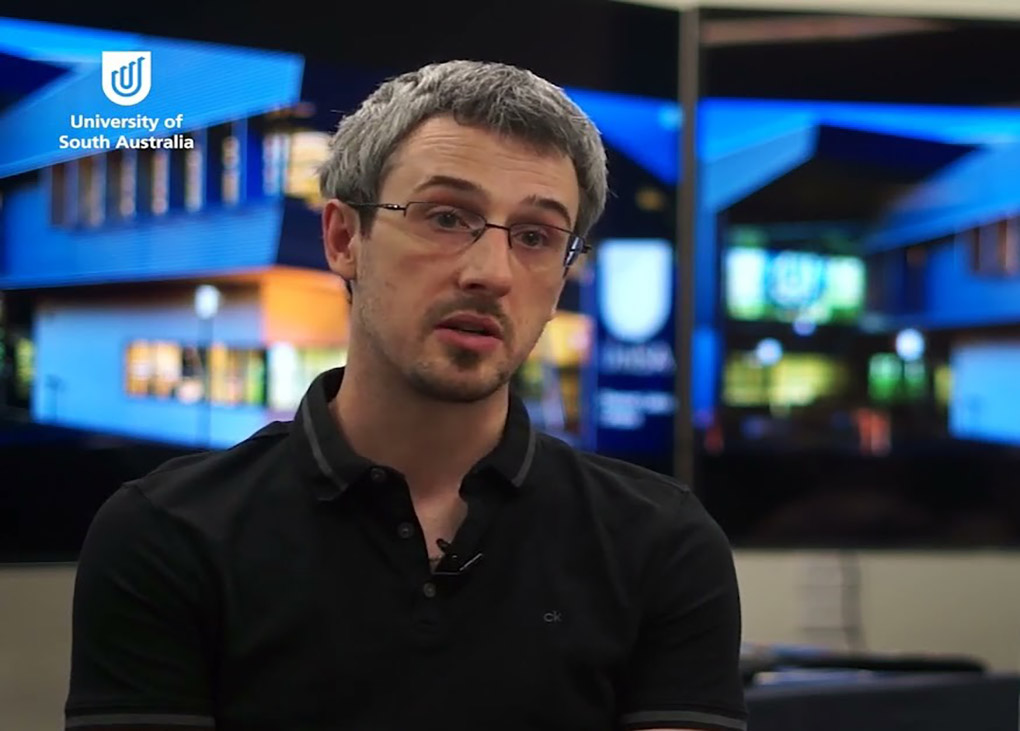
Eye-tracking tech identifies building defects using laser focus
New eye-tracking technologies are being developed by Australian engineers to identify building defects early in the construction process. The tech could potentially save millions of dollars in time and resources. Embedded in 3D headsets, the technology is designed to help construction workers undertake more thorough checklists, cutting down on the estimated 60 per cent of […]
-
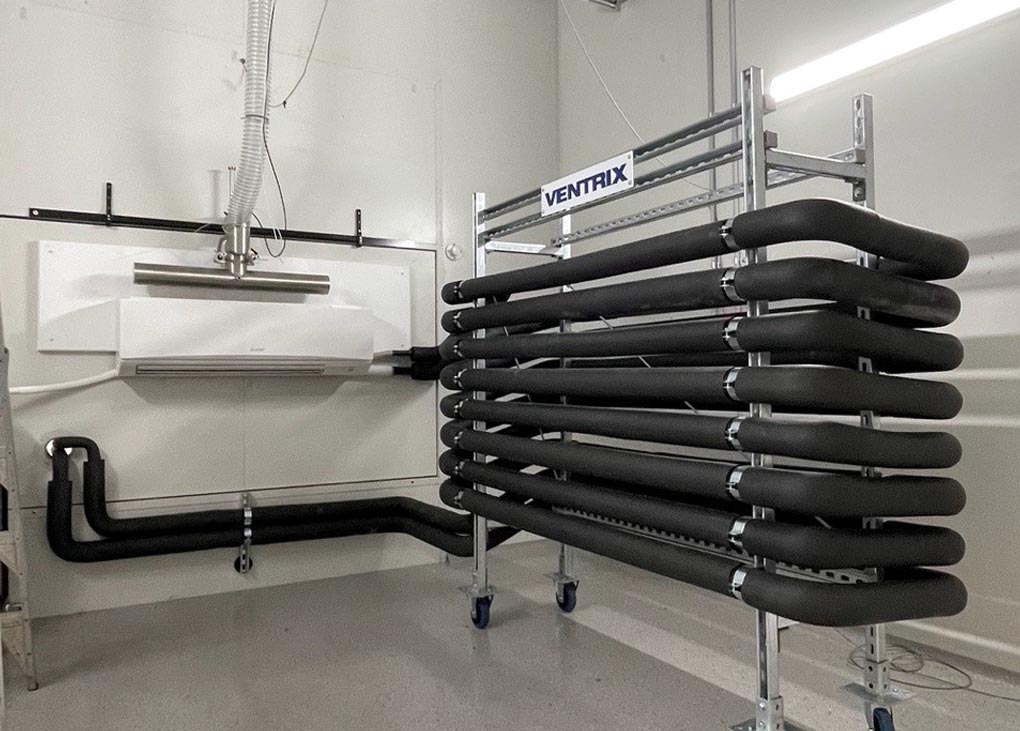
Industry seeks solution on pipework insulation
Tests conducted by a specialist refrigeration piping contractor have confirmed negligible energy benefits from using higher R-value – and thicker – insulation on refrigeration pipework for air conditioning systems. As a result, industry stakeholders are now calling for a revision of the relevant section of the National Construction Code (NCC) to address the issues associated […]
-

Greater visibility coming for gender pay gap
A major step towards addressing the gender pay gap has been taken with the passing of the Workplace Gender Equality Amendment (Closing the Gender Pay Gap) Bill 2023 in federal parliament. From 2024, the Workplace Gender Equality Agency (WGEA) will publish gender pay gaps by employer, in addition to publishing the gender pay gap at […]
-

New tool tracks global contributions to climate change
University of East Anglia (UEA) researchers in the UK have published findings that show how countries have contributed to global warming through their emissions of key greenhouse gases since 1850. The work builds on published records of historical emissions of carbon dioxide (CO2), methane (CH4), and nitrous oxide (N2O) – gases that have made significant […]
-

Professional Engineers Act 2023 passed in the ACT
The Professional Engineers Act 2023 has been passed in the ACT Legislative Assembly. This brings the ACT into line with other states that are rolling out professional registration regimes, or that already have them in place, including Queensland, New South Wales, Victoria and Western Australia. In Queensland, practising engineers have been required to be registered since 2002. […]
-

Europe commits to ambitious HFC phase-down
The EU Parliament has voted to accept revisions to the F-gas regulation that will result in a steeper phase-down of hydrofluorocarbons (HFCs) on the EU market from 2039 onwards, with a full HFC production and consumption phase-out by 2050. This aligns with the EU’s 2050 climate neutrality goal. “To stimulate the uptake of climate-friendly solutions […]
-

Scientists back hydrocarbon heat pumps
As the debate over the revisions to the F-gas regulation rumbles on, a group of more than 40 scientists from 24 different universities and research institutes in Europe have signed a position paper supporting the use of hydrocarbons as refrigerants in heat pumps. The researchers argue that hydrocarbons such as propane and isobutane are just […]
-

Phase-change inks to revolutionise cooling and heating
A team of researchers from the University of Melbourne has developed new phase-change inks that could slash energy use in buildings through passive heating and cooling. According to the research team, the inks can adjust the amount of radiation that passes through them based on the surrounding environment, and could be used to develop coatings […]
-
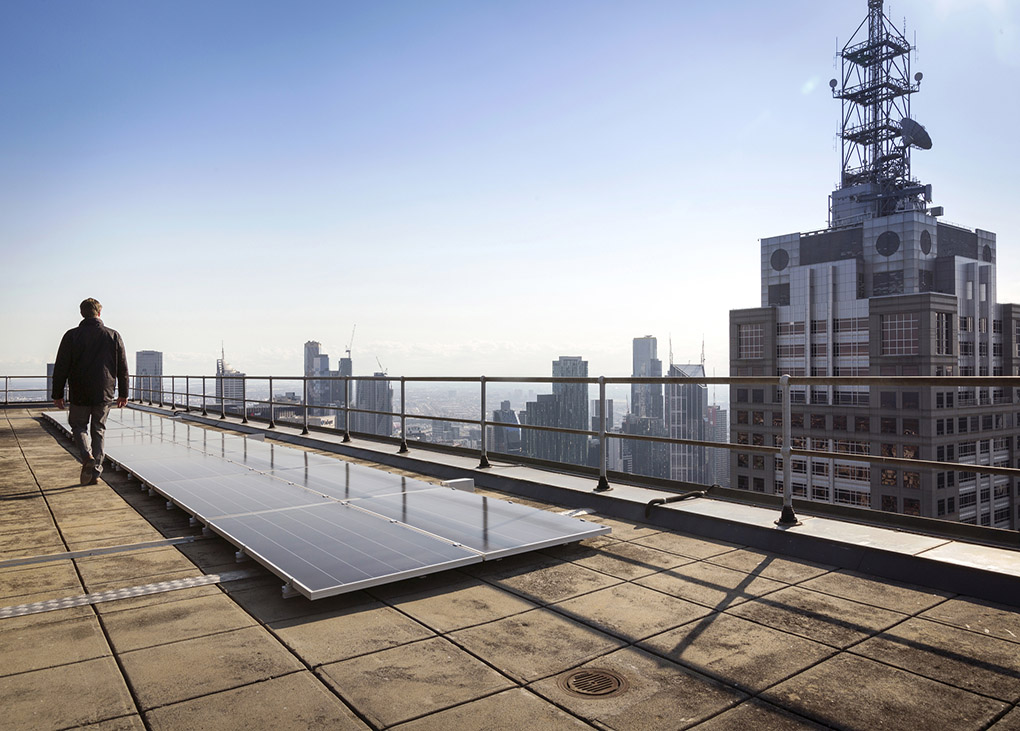
Electrification paving path towards decarbonisation
As building owners and businesses seek to reduce emissions, there is a growing requirement to convert buildings to be fully electric in order to decarbonise. At least that’s the case according to the latest Advisory Note from integrated building technical services provider A.G. Coombs. The note explores reasons for electrification, traditional fuels used in buildings, […]
-

GBCA puts focus on nature and biodiversity
The Green Building Council of Australia (GBCA) has released the first step towards developing a roadmap for building with nature that can be adopted by industry. Building with Nature 2.0 consolidates the latest science and global trends, research, policies, and views from industry, and will be used to inform the nature roadmap which will be […]
-
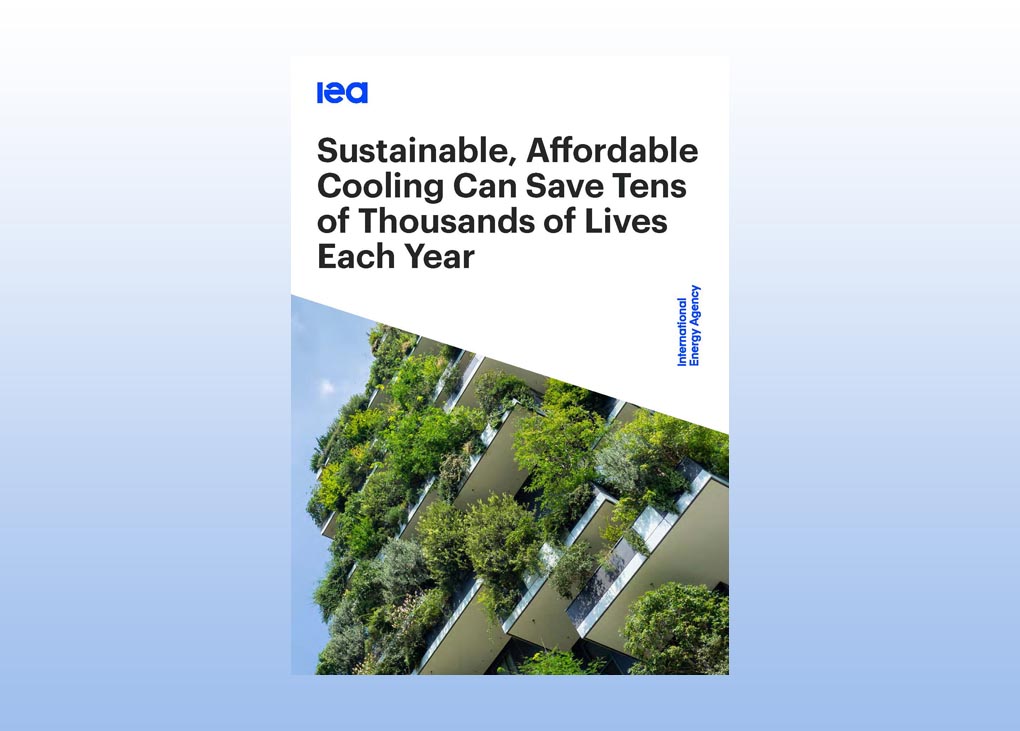
Sustainable cooling could save thousands of lives
A collaborative study by the International Energy Agency (IEA) and Yale University has found that it is possible to provide affordable cooling to an ever-growing population and also avoid increasing greenhouse gas (GHG) emissions. Keeping people cool can save tens of thousands of lives each year, the report says. Those without access to indoor […]
-

Scientists issue ‘final warning’ on climate crisis
As rising greenhouse gas emissions force the world to the brink of irreversible damage, scientists have delivered a “final warning” on the climate crisis. The message was issued by a panel of the world’s leading climate scientists in the final part of the Intergovernmental Panel on Climate Change (IPCC) sixth assessment report. According to the […]
-

The EU phase-down plan – brave or foolhardy?
At the end of February, the European Parliament’s Committee on the Environment, Public Health and Food Safety (ENVI) agreed to major amendments to the F-gas regulation – the EU legislation that controls emissions from fluorinated greenhouse gases. If the changes are confirmed by the European Parliament, it will effectively see a phase-out of HFC refrigerants […]